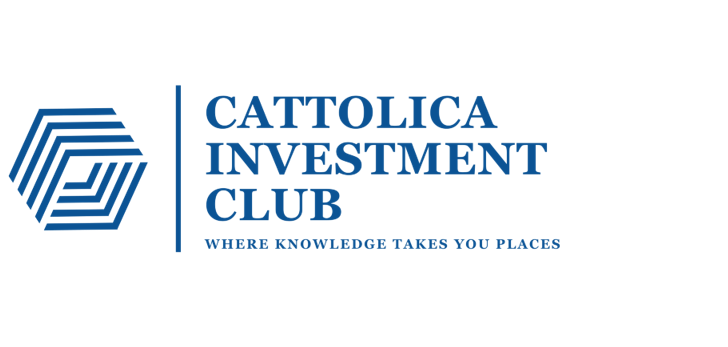
The European Union (EU) has reached a preliminary agreement to relax its strict fiscal regulations, offering member states greater flexibility in managing debt while incentivizing investments in key areas such as climate action, industrial development, and security. The revision of the Stability and Growth Pact, in response to unprecedented debt levels amid pandemic recovery efforts and ambitious EU goals, aims to adapt to contemporary economic and geopolitical realities.
Under the new rules, minimum deficit and debt reduction targets are adjusted to be less stringent, providing clarity and predictability for member states’ fiscal policies. European Commission Vice-President Valdis Dombrovskis highlighted the importance of these rules in enhancing the sustainability of public finances and promoting sustainable growth through investment incentives.
MEP Margarida Marques emphasized the shift towards a case-by-case and medium-term approach, offering member states better tools to prevent austerity. The revised regulations introduce measures such as allowing countries with excessive borrowing to gradually reduce debt, taking into account defense spending when assessing deficits, and extending the timeline for debt and deficit reduction from four to seven years starting in 2025.
The agreement signifies a nuanced approach, acknowledging the need for fiscal responsibility while accommodating the diverse economic circumstances of member states. However, formal endorsement by EU countries and the European Parliament is still pending before the new rules can come into effect next year.
Overall, the agreement reflects the EU’s commitment to adapt its fiscal framework to foster investment, address emerging challenges, and support economic recovery and growth across the bloc.
Author: Simona Merlo
